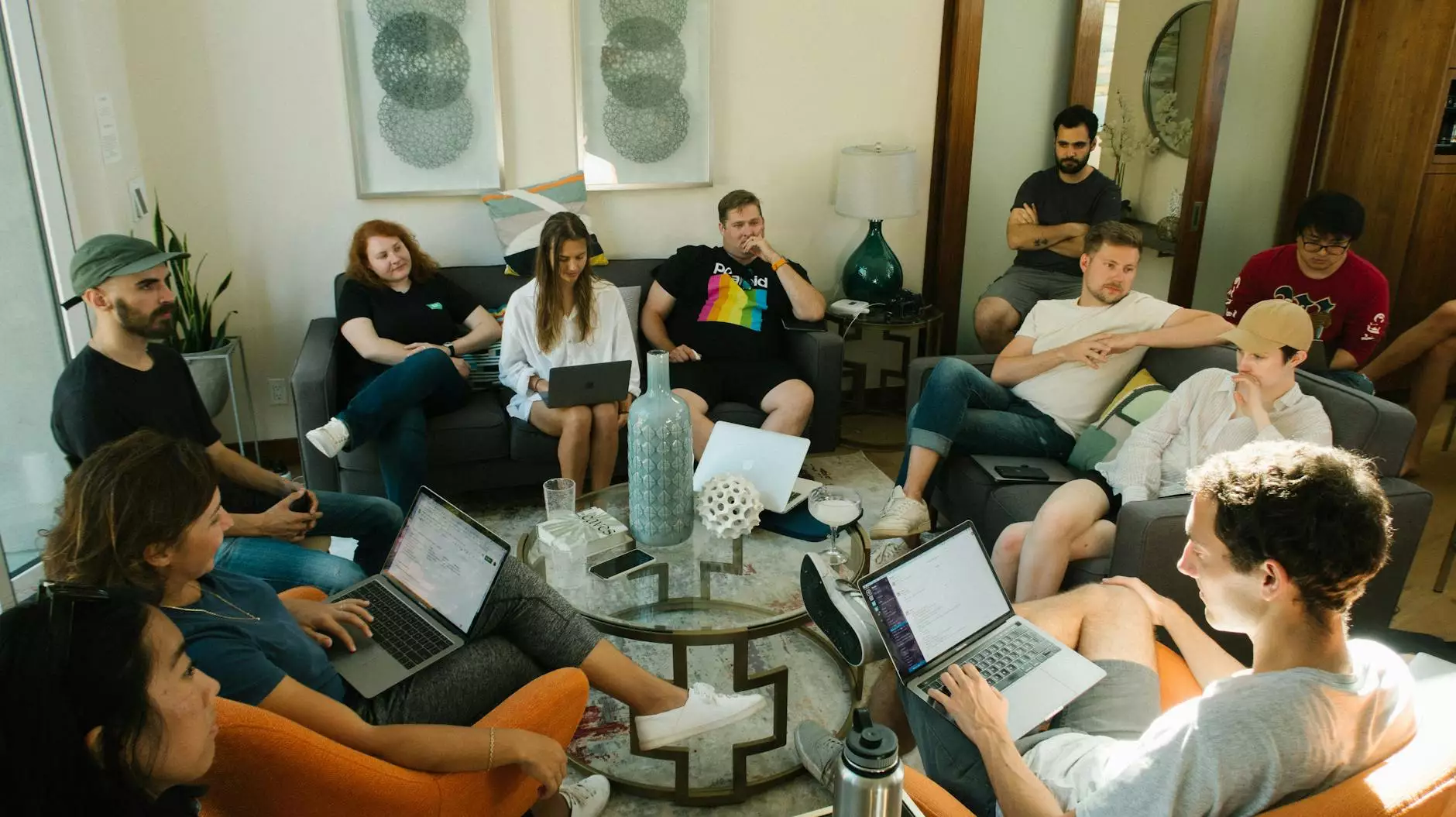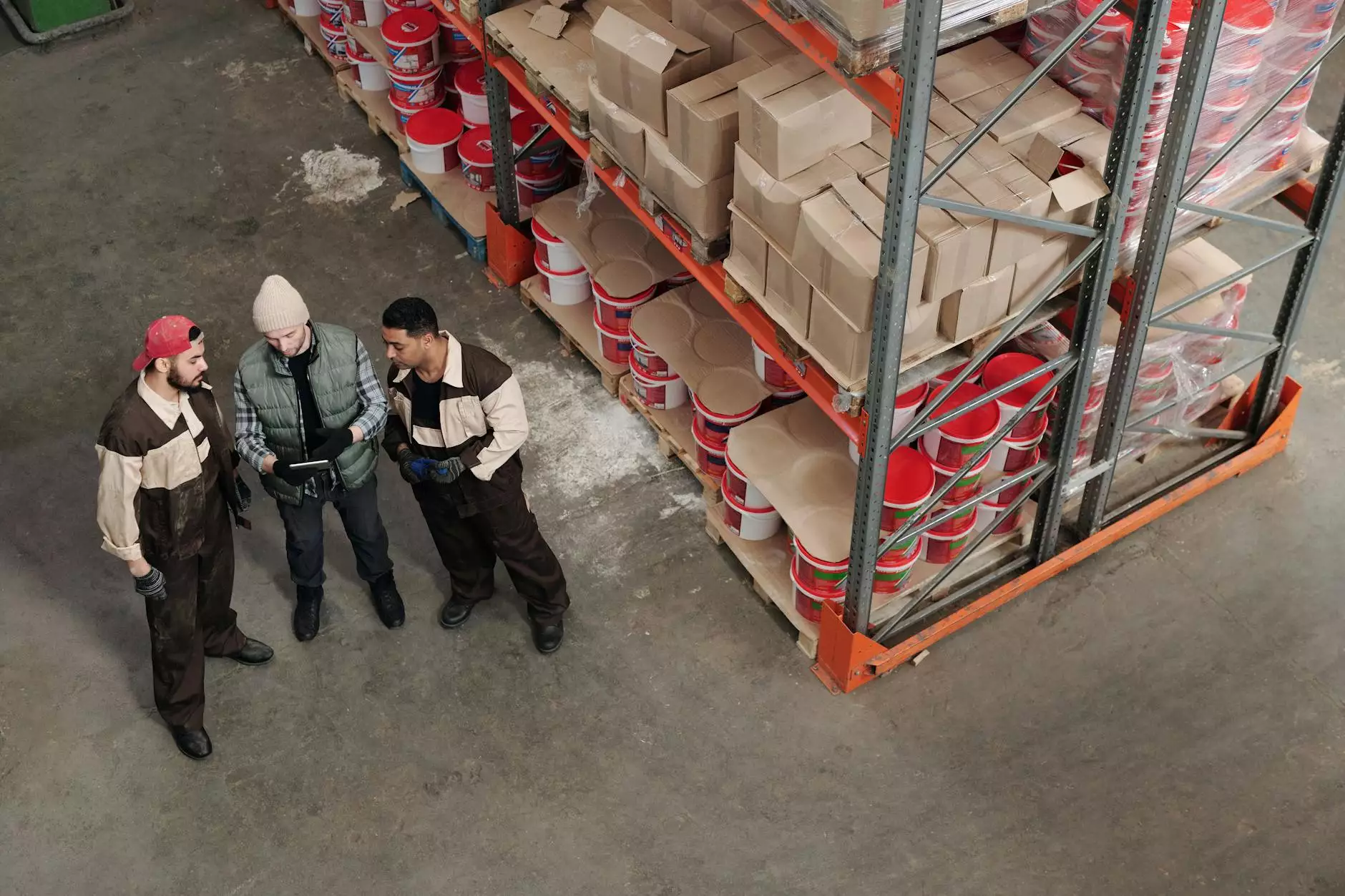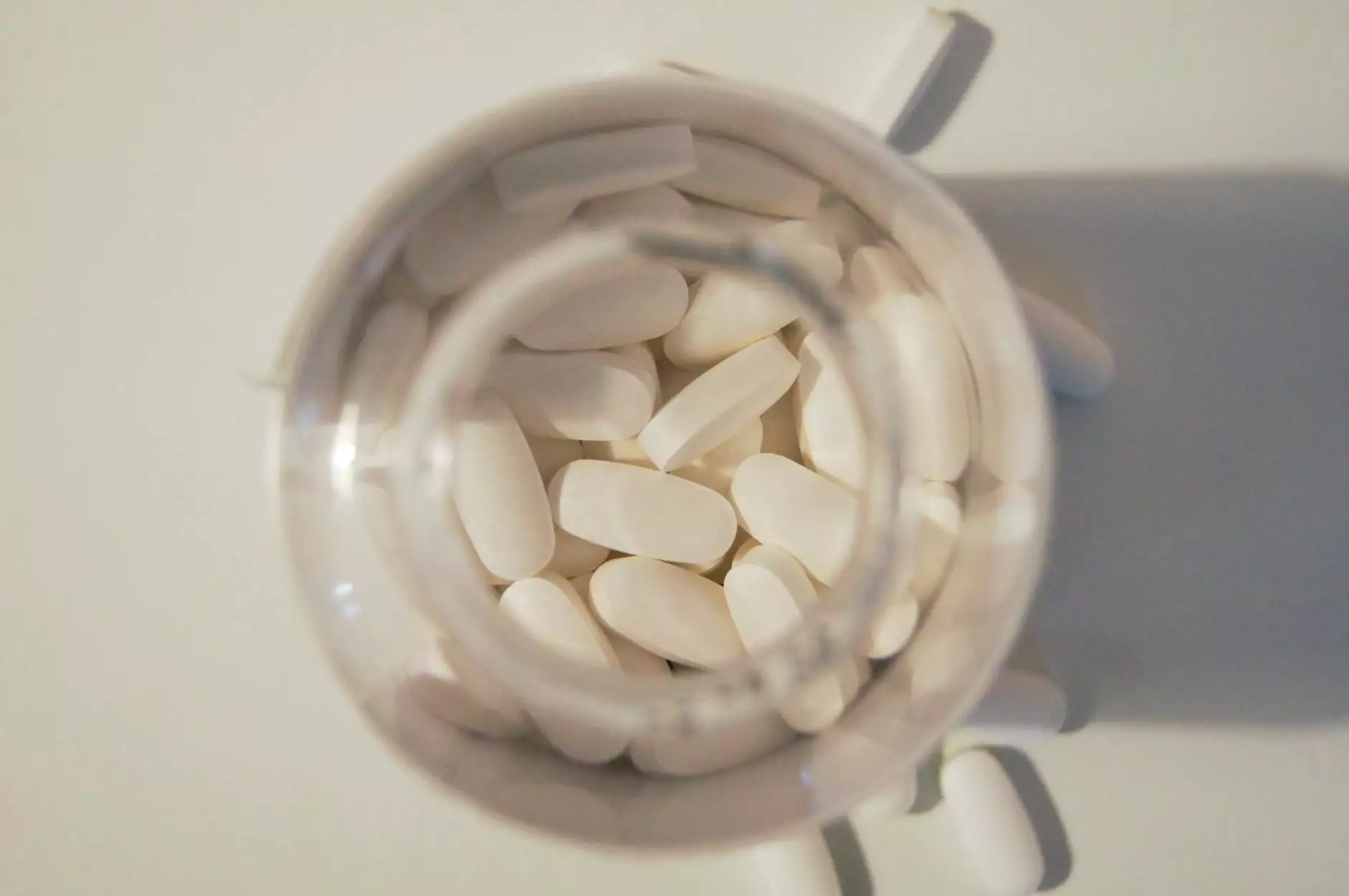Ultimate Guide to Purchase Sugar from Brazil’s Leading Sugar Suppliers

In the global market, Brazil stands out as the world’s largest producer and exporter of sugar, contributing significantly to the international supply chain. Whether you're a food manufacturer, distributor, or retailer, understanding the nuances of purchasing sugar from reliable suppliers in Brazil is critical for maintaining product quality, ensuring supply stability, and optimizing costs. This comprehensive guide delves into the essential aspects of engaging with Brazilian sugar suppliers, highlighting how to navigate the market effectively, select trusted partners, and secure the best deals for your business needs.
Why Brazil Is the Premier Destination for Sugar Procurement
Brazil’s dominance in the sugar industry is backed by several compelling factors, including vast arable land, favorable climate conditions, advanced agricultural technologies, and a well-established export infrastructure. These key elements make Brazilian sugar a superior choice for global buyers aiming for high-quality products and consistent supply.
- Largest Global Producer: Brazil accounts for over 20% of the world’s sugar output, controlling a significant share of the global market.
- Cost Efficiency: Favorable climatic conditions and large-scale operations result in more economical production costs, allowing for competitive pricing.
- Quality Standards: Brazilian sugar producers adhere to international quality standards, ensuring purity, granularity, and safety.
- Robust Export Infrastructure: Modern ports and logistics systems facilitate efficient distribution worldwide.
Understanding the Types of Sugar Offered by Brazilian Suppliers
Brazilian sugar suppliers provide various grades and types tailored to different industrial applications. Knowing these options helps you make informed decisions when you intend to purchase sugar.
1. Refined White Sugar
The most common form, characterized by its high purity, uniform granulation, and neutral flavor profile. Ideal for food processing, beverage manufacturing, and retail distribution.
2. Raw Cane Sugar
Less processed, retaining more of the natural molasses content. Widely used in industries where further processing is required or where a more natural sugar flavor is desirable.
3. Brown Sugar
Contains molasses remnants, offering a richer flavor profile. Frequently used in baking, confectionery, or specialty food products.
4. Specialty Sugars
Includes organic, cane juice, and evaporated sugars, catering to niche markets demanding premium, natural, or organic options.
Key Factors to Consider When Purchase Sugar from Brazilian Suppliers
Successfully procuring sugar from Brazil involves a strategic approach, emphasizing quality, logistics, compliance, and cost. Here are critical factors to evaluate:
1. Supplier Credibility and Certification
Always verify the reputation of your potential suppliers. Reliable suppliers hold certifications such as ISO 9001, HACCP, and Organic Certification. Due diligence minimizes risks related to quality lapses or legal non-compliance.
2. Product Quality & Consistency
Request comprehensive quality documentation, including lab test results, purity grades, and moisture content. Consistent product quality is fundamental to maintaining your brand reputation.
3. Pricing and Payment Terms
Negotiate transparent pricing structures and flexible payment options. Competitive prices should align with acceptable quality levels, avoiding shortcuts that could compromise your end product.
4. Logistics & Shipping Arrangements
Understand the transportation methods, lead times, and shipping costs, ensuring timely delivery. Established export channels through major Brazilian ports like Santos and Paranaguá significantly streamline the supply chain.
5. Trade Regulations & Import Compliance
Stay informed about import tariffs, customs regulations, and food safety standards of your country to facilitate smooth customs clearance and avoid delays.
How to Effectively Purchase Sugar from Brazil: Step-by-Step Strategies
Implementing a well-structured procurement process determines the success of your sugar sourcing efforts. Consider the following steps:
Step 1: Market Research & Supplier Identification
Utilize industry directories, trade shows, and online platforms like BrazilSugarTopSuppliers.com to identify reputable suppliers. Look for verified references and customer reviews to gauge reliability.
Step 2: Request for Quotation (RFQ)
Send detailed RFQs specifying your desired sugar type, quantity, packaging, and delivery terms. Gather multiple quotes to compare prices, lead times, and service offerings.
Step 3: Assess Supplier Credentials & Samples
Vet suppliers thoroughly for compliance and quality assurance. Request samples for testing, ensuring the product meets your specifications.
Step 4: Negotiate Contract Terms
Negotiate prices, payment schedules, quality assurances, and dispute resolution clauses. Clear contractual terms protect both parties and ensure alignment.
Step 5: Finalize Orders & Arrange Logistics
Once satisfied, place your order and coordinate with logistics providers. Confirm necessary documentation, certifications, and delivery timelines.
Maximizing Value in Your Import Process
To maximize value when you purchase sugar from Brazil, consider the following tips:
- Build Long-term Relationships: Developing partnerships with trusted suppliers can lead to better pricing, priority service, and quality consistency.
- Leverage Technology: Use digital platforms for transparent tracking, real-time communication, and documentation management.
- Opt for Sustainable & Organic Options: Catering to growing consumer demands for natural and eco-friendly products can give you a competitive edge.
- Monitor Market Trends: Stay updated on international sugar prices, trade policies, and technological innovations.
Common Challenges in Purchasing Sugar from Brazil & How to Overcome Them
While Brazil offers tremendous opportunities, several challenges may arise, including language barriers, currency fluctuations, or logistical hurdles. To mitigate these issues:
- Engage Local Expertise: Hire agents or consultants familiar with Brazilian trade laws and business practices.
- Use Secure Payment Methods: Utilize letters of credit or escrow services to protect financial transactions.
- Plan for Contingencies: Establish backup suppliers and flexible logistics options to handle unforeseen disruptions.
The Future of Buying Sugar from Brazil: Trends & Opportunities
The global demand for sugar continues to grow, driven by expanding markets and evolving consumer preferences. The Brazilian sugar industry is also adopting technological innovations, such as precision agriculture and sustainable farming practices, to enhance quality and efficiency. Key trends shaping the future include:
- Organic & Natural Sugar Demand: Increased consumer awareness promotes the adoption of organic and non-GMO sugar options, opening new markets for exporters.
- Environmental Sustainability: Sustainable farming and renewable energy initiatives are becoming integral to Brazilian sugar plantations, aligning with global sustainability standards.
- Technological Integration: Digitalized supply chains, blockchain tracking, and smart logistics improve transparency and efficiency in purchase sugar processes.
Conclusion: The Strategic Edge in Purchasing Sugar from Brazil
In today’s competitive food and beverage industry, sourcing high-quality sugar from Brazilian suppliers provides a significant strategic advantage. By understanding market dynamics, evaluating credible suppliers, and following an organized procurement process, businesses can ensure timely delivery, superior product quality, and cost optimization. Establishing enduring relationships with trusted exporters and leveraging emerging industry trends will further position your enterprise for success on the global stage.
Remember, the key to successful purchase sugar lies in diligent research, transparent negotiations, and continuous relationship management. With the wealth of industry experience and reliable supply networks available in Brazil, your business can confidently meet the demands of your customers and stay ahead in the marketplace.









